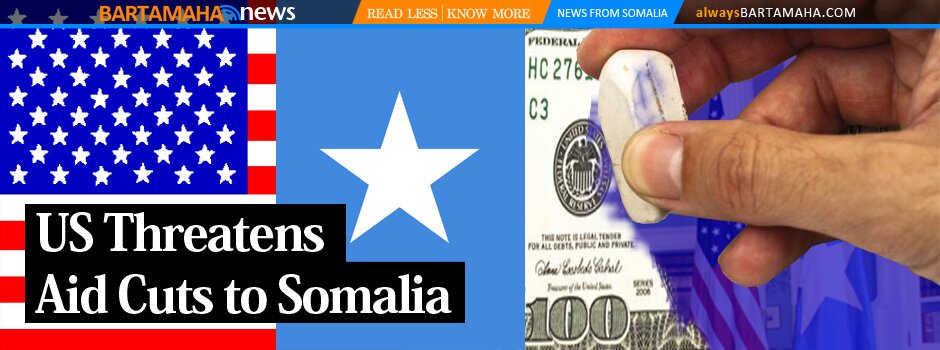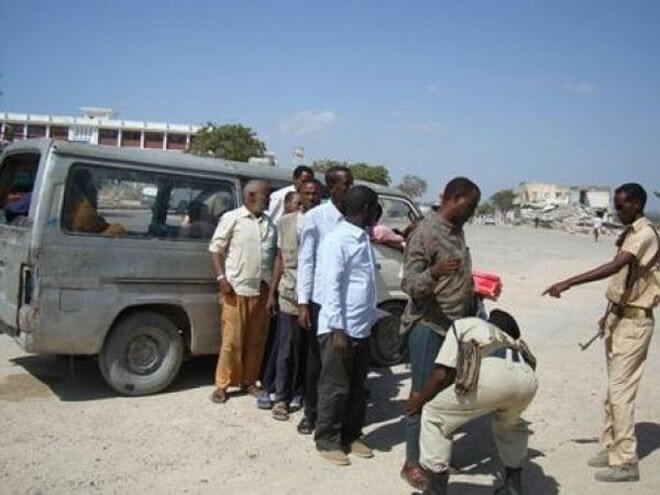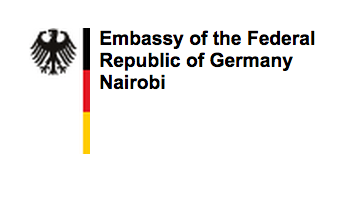Jubaland state cleared to rule Southern Somalia
The new Jubaland State administration in Southern Somalia is struggling to find its footing to secure the region and help ensure peace and stability after decades of civil war.
The nascent state consists of Gedo, Middle Juba and Lower Juba – all areas adjacent to the Kenya-Somalia border – and does not include Bay and Bakool regions.
The administration, launched last week, led by President Ahmed Mohamed Islam Madobe, enjoys the backing of the international community as a way of bringing lasting peace and stability to the wider Somalia.
The semi-autonomous State which is crucial to Kenya and Ethiopia due to its proximity to the two countries has 10 Cabinet ministers.
The state is headquartered in Kismayu, where the Kenya Defence Forces are located under the African Union Mission (AMISOM).
Jubaland, 500 km south of Mogadishu, will operate as a self-governing entity for an interim period of six months with the name Juba Administration to replace Jubaland State of Somalia.
Sheikh Madobe was endorsed as head of the interim administration and will be assisted by three deputies along with governors for Lower Juba, Middle Juba and Gedo.
The new ministers, however, lack offices, vehicles and other facilities for operation as the new administration works hard to put its structures in place.
PRESIDENTIAL PALACE
The presidential palace in Kismayu which had been neglected since the overthrow of dictator Siad Barre’s regime in 1991 has however been renovated at a cost of more than US$ 1million.
The palace contains a meeting hall which President Madobe’s team currently uses for their activities. A new house for the Jubaland deputy President has also been built adjacent to the palace.
President Madobe’s government is also yet to establish the regional Parliament. The new administration also faces challenges including ensuring security, demobilising militias and integrating them into national army, reconciling various clans and generating its own revenue.
Locals are further yearning for services after years of neglect, civil war and oppression in the hands of the Al-Qaeda linked Al-Shabaab.
UN representative to Somalia Nicholas Key and Inter-Governmental Authority on Development Special Envoy Mohamed Affey were among dignitaries who attended the launch of the new administration at the Juba presidential palace.
Others were Ethiopia’s ambassador to Somalia Mr Wondimu Asamnenu, European Union representative Michele Cervoned, Puntland State Vice-President Abdihakim Haji and Somalia Federal Government deputy prime minister Ridhwan Hersi Mohamed.
Jubaland will act as a buffer zone for Kenya, which has suffered numerous Al-Shabaab attacks threatening its economy and stability. Mr Key told the new administration to ‘‘fully implement a deal agreed upon in Addis Ababa to pacify the region and bring lasting peace to the larger Somalia’’.
ALL PARTIES ON BOARD
The UN envoy said the Jubaland administration must ensure all clans were included in the appointments and pursue more reconciliation among locals.
The Madobe-led government is also required to ensure the Kismayu International Airport and Port of Kismayu are handed over to the Federal Government of Somalia in the next six months, Mr Key said.
The UN official further called for disarmament of all militias in Jubaland, their demobilisation and integration into the national army.
Mr Key said Mr Madobe’s government should assist in the fight against the Al-Shabaab militia for their eradication in the horn of Africa country.
Mr Affey said the international community wants the Federal Government of Somalia to hold free, fair and independent election in 2016.
Kenya was in the past accused of being behind the formation of Jubaland in a separatist scheme to delink it from Somalia and the installation of Mr Madobe, a former warlord, as President for the area to act as a buffer zone against Al-Shabaab attacks in Kenya.
Source: Daily Nation
Comments
comments
 Calendar
Calendar







































